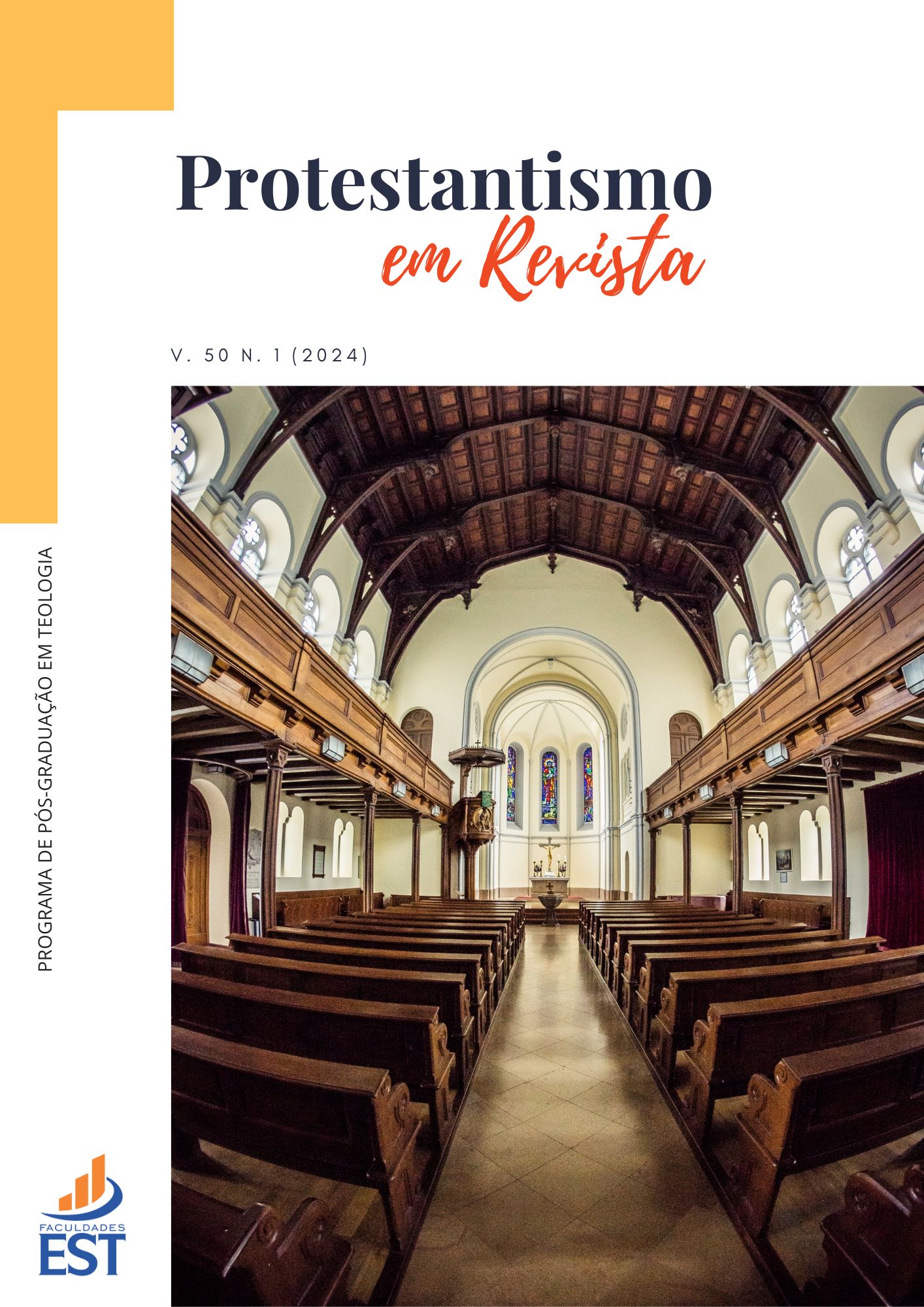BIBLIODRAMA
RELIGIOUS EDUCATION THROUGH THE STORIES OF EACH RELIGIOUS TRADITION
Keywords:
Bibliodrama, Pastoral Bibliodrama, Bibliolog, Religious dramatizations, Religious Education – DramatizationsAbstract
The article analyzes three models of Bibliodrama widely used in Brazil, aiming to identify which are most suitable for application in Religious Education classes in primary education. The research seeks to contribute to the improvement of religious education in the country, considering its rich diversity of traditions and expressions of faith. To this end, a bibliographic research method was used, reviewing and comparing the Pastoral Bibliodrama model, Anete Roese's Bibliodrama, and Bibliolog.
The results indicate that all models can be adapted to the school context; however, Bibliolog stands out as it does not require significant adjustments to be applied in the classroom. Its practical and flexible structure aligns with the time and dynamics of primary education classes, facilitating student engagement and the interactive and reflective mediation of content. On the other hand, the Pastoral Bibliodrama and Anete Roese’s model, while offering valuable contributions, require more time and preparation, which may limit their applicability within the school schedule.
The research concludes that Bibliolog is the most suitable model for the educational context and emphasizes that the use of Bibliodrama is not restricted to biblical texts; it can be applied to any sacred text, oral or written. This flexibility enables the promotion of interfaith dialogue and the appreciation of cultural and religious diversity, contributing to the creation of an inclusive and respectful educational environment. Future investigations should conduct field studies to analyze the practical impact and effectiveness of the different Bibliodrama models in educational settings.














